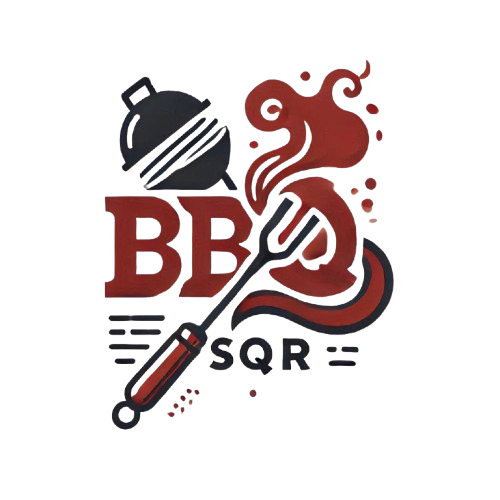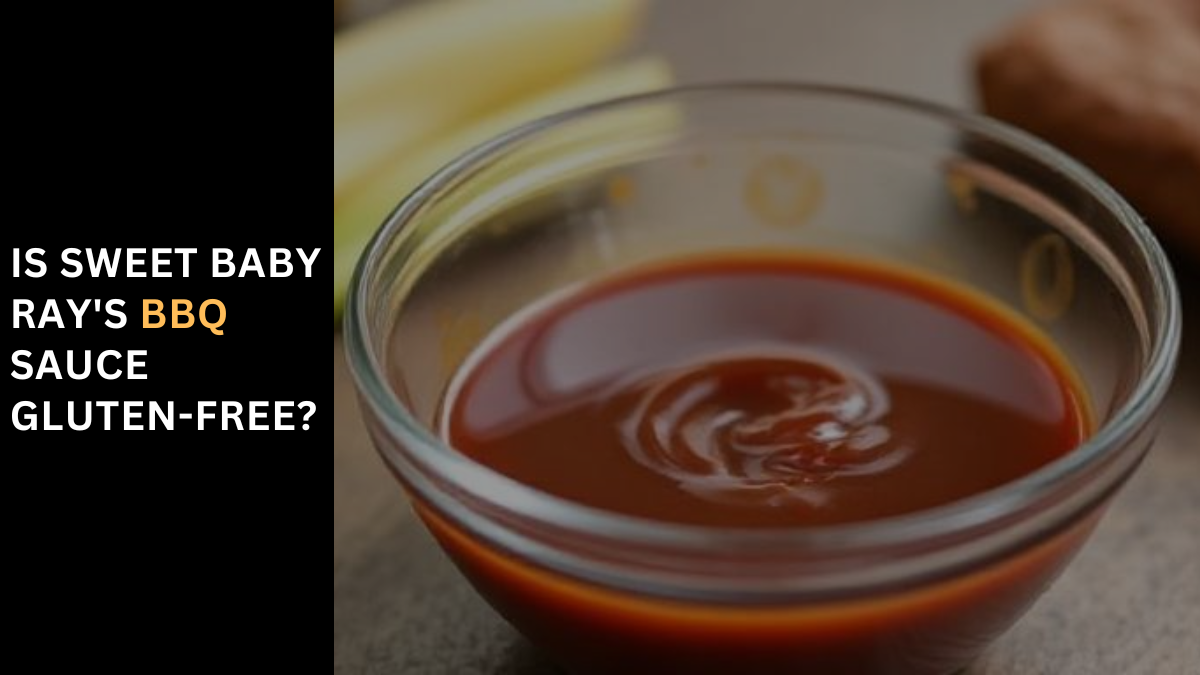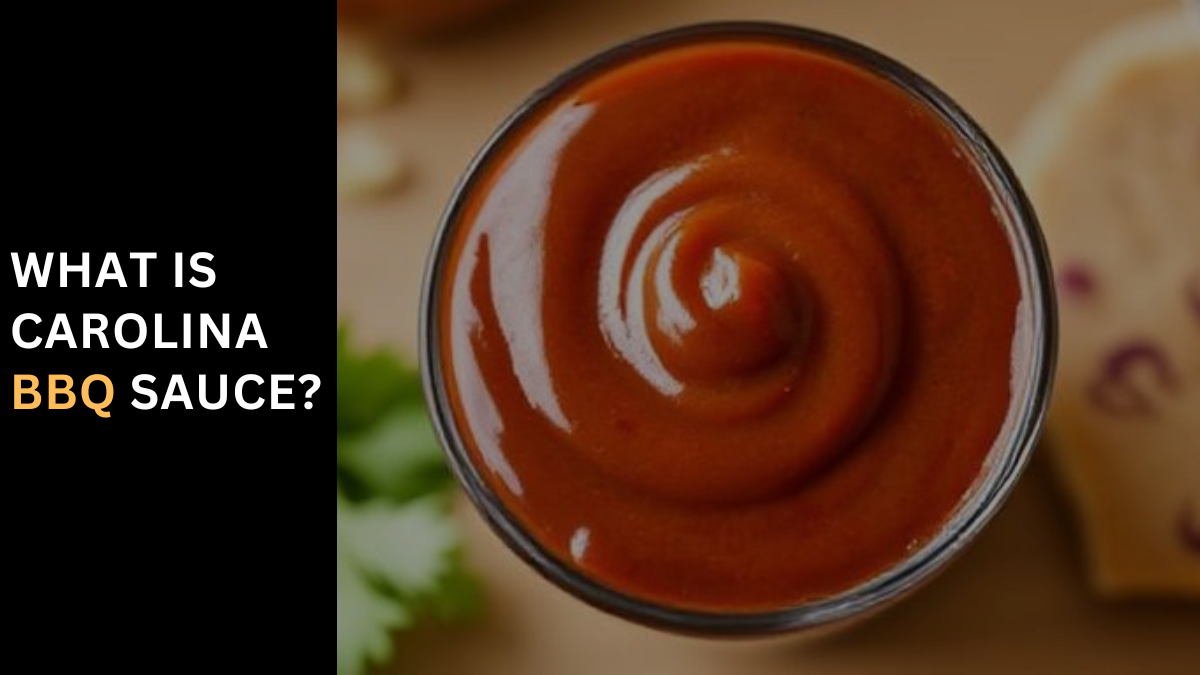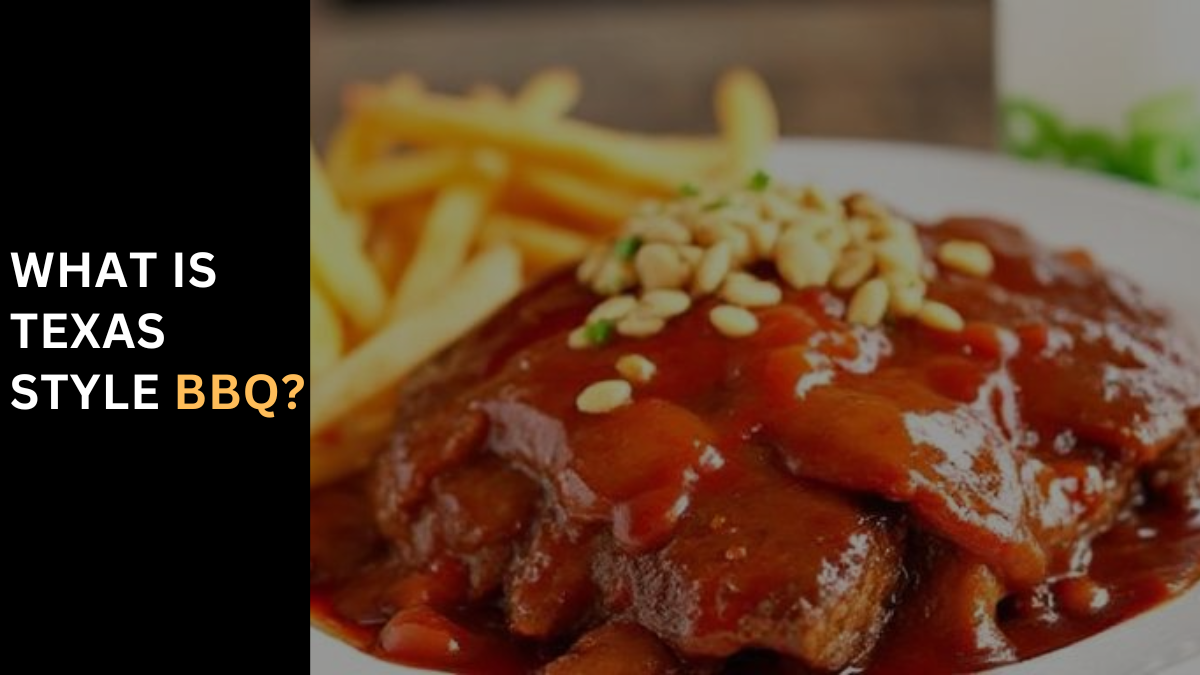How Long Does BBQ Sauce Last in the Fridge?
Introduction
BBQ sauce is a staple in many kitchens, bringing that sweet, tangy, and smoky flavor to various dishes. Whether you’re slathering it on ribs, using it as a dipping sauce, or incorporating it into recipes, BBQ sauce is a versatile condiment that can elevate your culinary creations.
But, like all food items, BBQ sauce has a shelf life. Knowing how long it lasts in the fridge can save you from unpleasant surprises and ensure that you’re always serving the best-tasting sauce.
Understanding BBQ Sauce Ingredients

Before diving into the shelf life of BBQ sauce, it’s essential to understand its basic composition. Most BBQ sauces are made from a combination of ingredients like tomato paste or ketchup, vinegar, sweeteners (like sugar or honey), and various spices.
Some recipes also include liquid smoke, mustard, or even fruit juice. These ingredients play a crucial role in determining how long your BBQ sauce will stay fresh.
How do Ingredients Affect Shelf Life?
The type and quantity of ingredients in BBQ sauce significantly influence its longevity. For instance, sauces with high vinegar content or added preservatives will generally last longer. Vinegar acts as a natural preservative, extending the shelf life by creating an acidic environment where bacteria struggle to thrive. On the other hand, sauces with fresh ingredients like garlic or onions may have a shorter shelf life due to their tendency to spoil faster.
Factors That Influence the Shelf Life of BBQ Sauce

Type of BBQ Sauce (Homemade vs. Store-Bought)
One of the most significant factors affecting BBQ sauce shelf life is whether it’s homemade or store-bought. Store-bought BBQ sauces usually contain preservatives that extend their shelf life.
In contrast, homemade sauces, unless specifically designed for long-term storage, typically lack these additives and may need to be consumed more quickly.
Preservatives and Their Role
Preservatives like sodium benzoate or potassium sorbate are common in commercial BBQ sauces. These substances help prevent the growth of mold, yeast, and bacteria, ensuring the sauce remains safe to eat for an extended period.
Homemade BBQ sauces often skip these chemicals, relying instead on refrigeration and natural preservatives like vinegar to stay fresh.
Storage Conditions
How you store your BBQ sauce also plays a crucial role in its longevity. Proper storage conditions, such as consistent refrigeration, can significantly extend the shelf life of both homemade and store-bought BBQ sauce. Storing the sauce in a tightly sealed container minimizes exposure to air and contaminants, helping to keep it fresh.
How Long Does BBQ Sauce Last in the Fridge?
Store-Bought BBQ Sauce
When it comes to store-bought BBQ sauce, an unopened bottle can last for a year or more past the printed expiration date when stored in a cool, dark place. However, once opened, the sauce’s shelf life shortens.
Generally, an opened bottle of BBQ sauce will last about 4 to 6 months in the fridge. This period can vary slightly depending on the brand and specific ingredients used.
Homemade BBQ Sauce

Homemade BBQ sauce, on the other hand, usually has a shorter shelf life. Without the benefit of commercial preservatives, you can expect homemade BBQ sauce to last about 1 to 2 weeks in the fridge. If your recipe includes natural preservatives like vinegar or citrus juice, it might last a bit longer, but it’s still wise to consume it within a month.
General Guidelines for Storage
To ensure your BBQ sauce stays fresh for as long as possible, always store it in the fridge after opening. Keep the bottle tightly sealed to prevent air from getting in, which can cause the sauce to spoil faster. If you’re unsure about the sauce’s freshness, it’s always better to err on the side of caution and discard it.
Signs That Your BBQ Sauce Has Gone Bad
Even with careful storage, BBQ sauce can go bad. Knowing the signs of spoilage can help you avoid using a sauce that’s past its prime.
Visual Indicators (Color, Texture, Separation)
One of the first signs of spoilage is a change in the sauce’s appearance. If the color darkens or the texture becomes unusually thick or watery, it could be a sign that the sauce is no longer good. Some separation of ingredients is normal in homemade sauces, but if this occurs in store-bought varieties or if you notice an oily layer, it might be time to throw it out.
Smell and Taste Changes
Another clear indicator is a change in smell or taste. Fresh BBQ sauce should have a pleasant aroma that matches its flavor profile. If the sauce smells sour, fermented, or off in any way, it’s best to discard it. The same goes for the taste—if it tastes different from when you first opened it, it’s likely spoiled.
The Presence of Mold
If you see any mold on the surface of the sauce or around the cap, discard the entire bottle immediately. Mold can grow even in the fridge, and it’s a definite sign that the sauce is no longer safe to consume.
Proper Storage Techniques for BBQ Sauce
To maximize the shelf life of your BBQ sauce, proper storage is key.
Ideal Refrigeration Temperature
Keep your fridge at a consistent temperature of around 37°F (3°C). This cold environment helps slow the growth of bacteria and mold, keeping your sauce fresh longer.
Proper Sealing and Container Use
Always ensure that the BBQ sauce bottle is tightly sealed after each use. If you’re storing homemade sauce, use airtight containers to prevent air from entering and causing the sauce to spoil faster.
Avoiding Cross-Contamination
When using BBQ sauce, especially from a large bottle, avoid dipping food directly into the bottle or using utensils that have touched raw meat. Cross-contamination can introduce bacteria into the sauce, leading to faster spoilage.
Extending the Shelf Life of BBQ Sauce
Freezing BBQ Sauce: Is It a Good Idea?
Yes, you can freeze BBQ sauce to extend its shelf life, especially homemade varieties. Store the sauce in freezer-safe containers, leaving some space at the top for expansion. Properly frozen BBQ sauce can last up to six months.
Best Practices for Thawing Frozen BBQ Sauce
When you’re ready to use the frozen sauce, thaw it in the fridge rather than at room temperature to reduce the risk of bacterial growth. After thawing, give it a good stir to recombine any separated ingredients.
Using Vinegar or Lemon Juice as Preservatives
If you’re making your own BBQ sauce, adding extra vinegar or lemon juice can act as natural preservatives, extending the sauce’s shelf life.
Comparing Different Brands: Shelf Life and Quality
Different brands of BBQ sauce have varying shelf lives, largely due to the types and amounts of preservatives used. Some popular brands are known for their longer-lasting sauces, while others may offer fresher, more natural options that have shorter shelf lives. It’s worth checking the label for details on.




